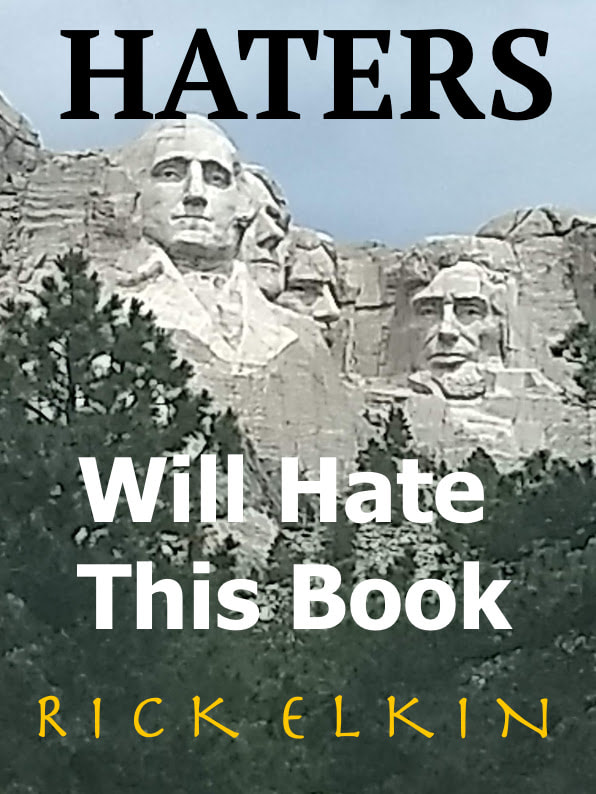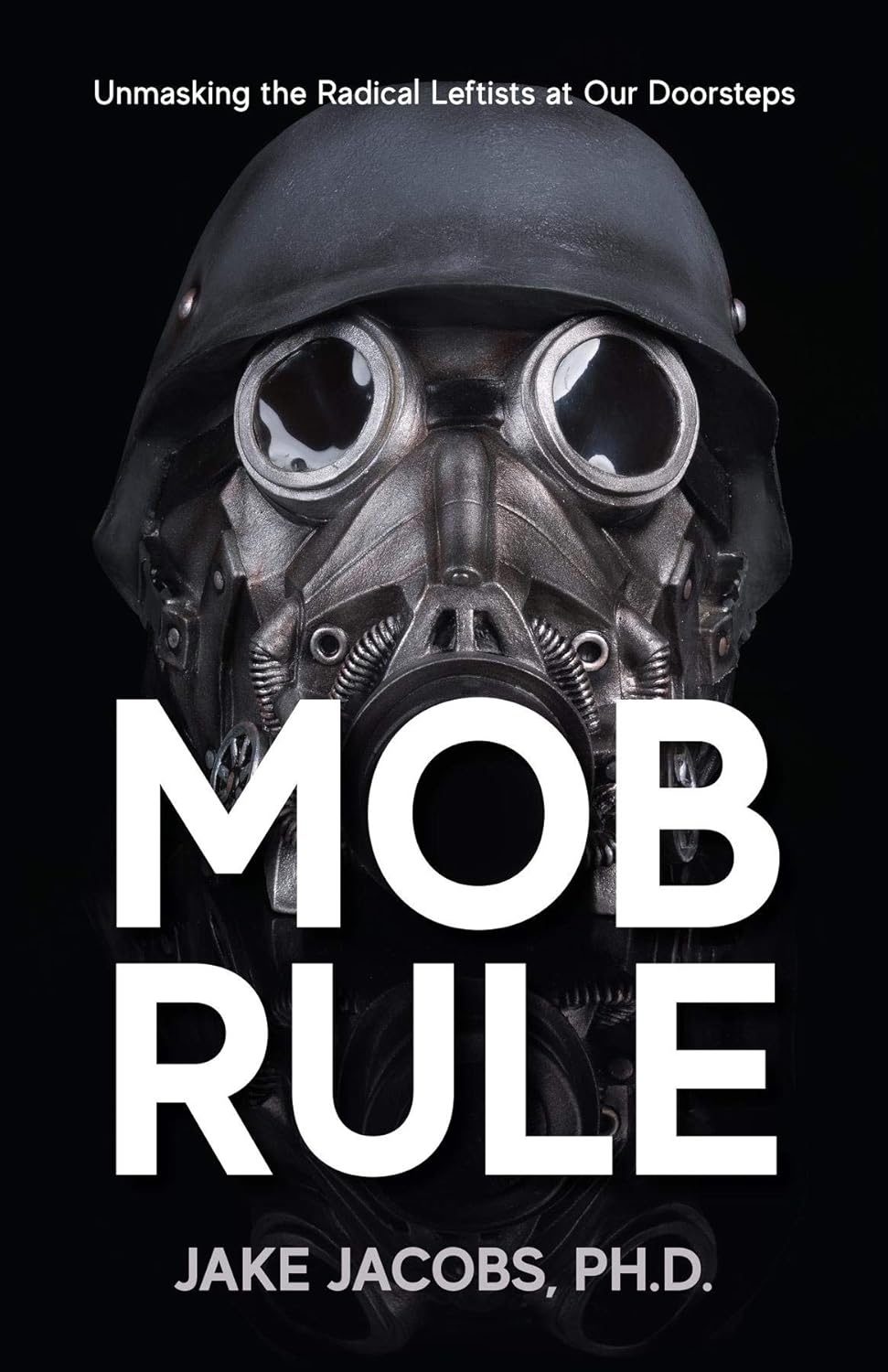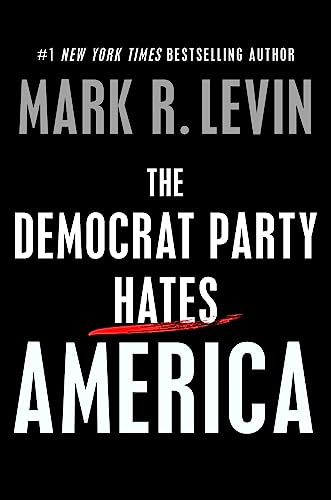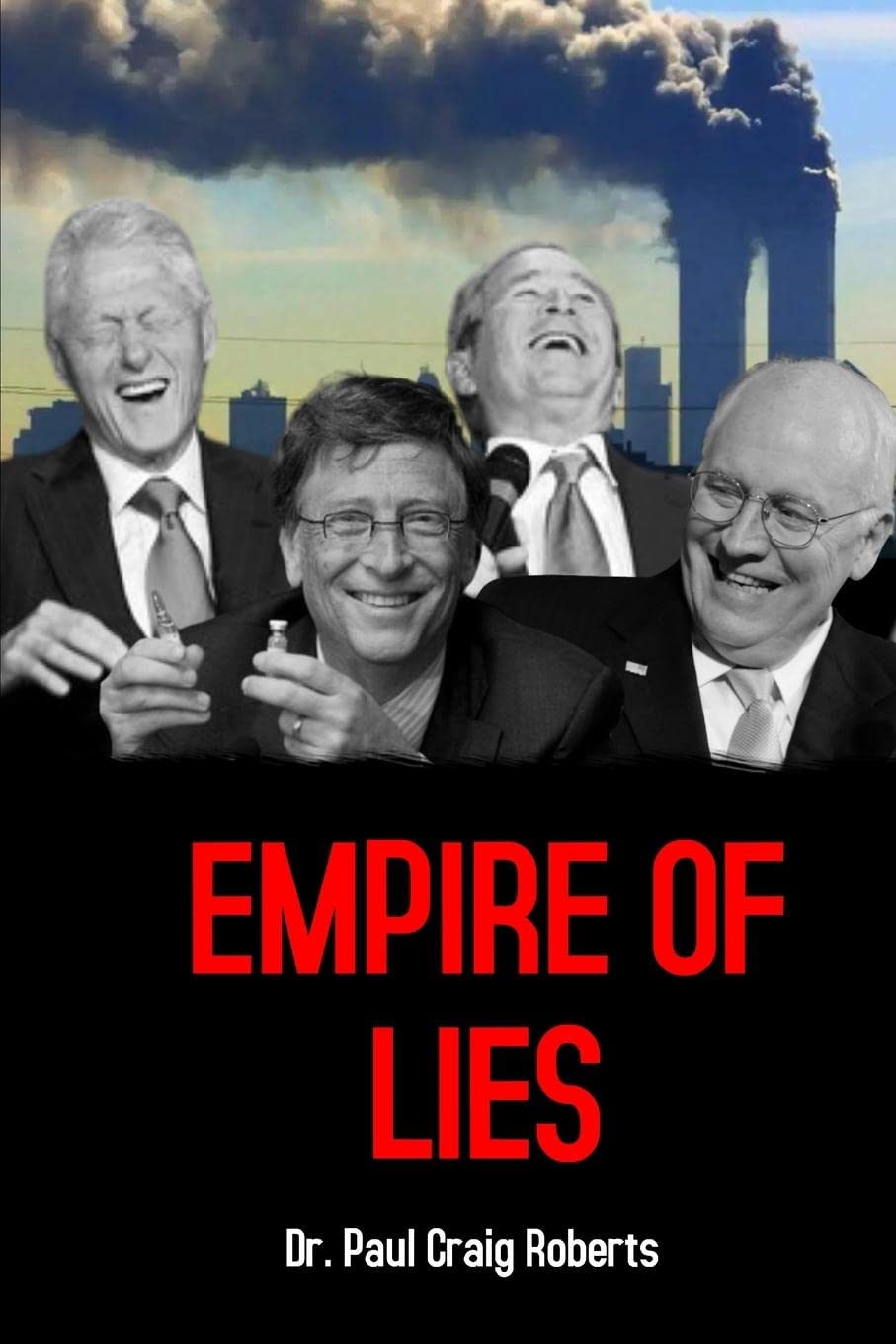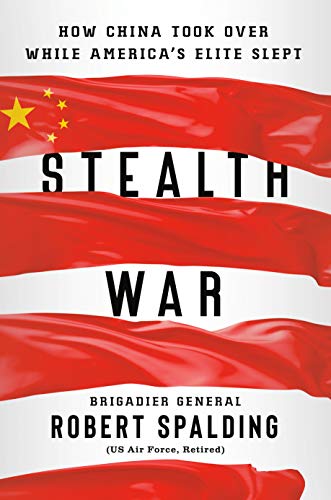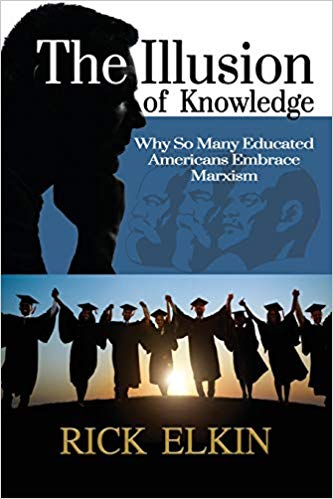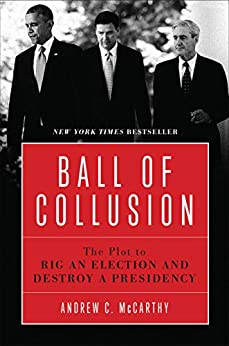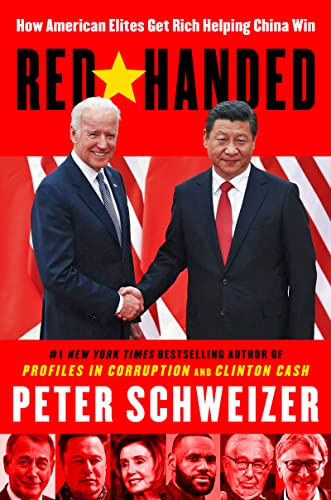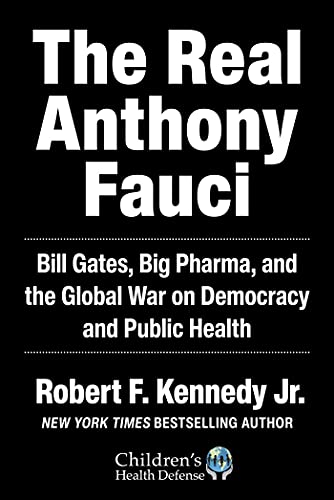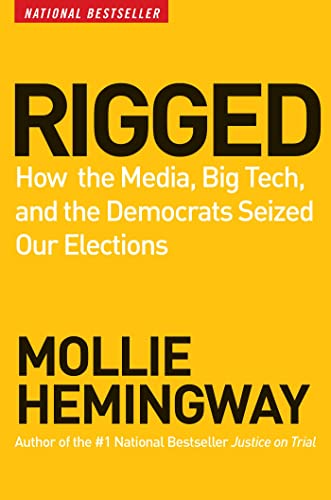|
It was like any other morning, bright and sunny. The air was clean and crisp, when suddenly all Hell broke loose. Imperial Japan conducted a sneak attack on America. That was eighty years ago on December 7th, 1941. It became known as "A Date Which Will Live In Infamy" as President Roosevelt noted in his famous Pearl Harbor speech demanding Congress declare war on Japan. At that point in time, America was divided about joining the growing war in Europe. Pearl Harbor changed the mood of Americans dramatically. We suddenly realized we could no longer expect the Pacific and Atlantic oceans to protect us from evil. We wanted to believe World War I was "the war to end all wars". We wanted to believe Hitler was just a regional political anomaly, and that the British and French were well equipped to handle the belligerents in Russia, Germany and Italy. We wanted to believe the Japanese would leave us alone. But after the debacle at Dunkirk and the surrender of France, Americans were slowly realizing the need to intervene was rapidly approaching. Pearl Harbor was a full-on declaration of war which awakened the sleepy soul of Americanism. It was the realization that we could not continue to let megalomaniacs determine the future of the planet. Pearl Harbor was the Great Awakening. Young freedom-loving Americans beat a path to the closest recruitment office. They acted on their instincts that if they didn't, the concept of Americanism, the unique umbrella of freedom and opportunity that our Constitutional Republic guarantees, would be destroyed by power hungry authoritarians. As we approach the 80th anniversary of remembering Pearl Harbor, I can't help but wonder, what would Americans have done if, instead of a traditional military assault, the Japanese, in collusion with the Nazis, had crippled us with a coordinated, asymmetrical series of internal tactical attacks on every form of resistance available to our leadership? If instead of dropping bombs on our warships, our enemies had sabotaged our energy grid, destroyed our means of communication, spoiled our water and food supplies and plunged America into darkness and confusion? What if, on December 7th 1941, our country had been attacked by an unknown force, and our ability to understand who and what was attacking us was indiscernible? Would our citizens have reacted with as much passion and determination had they not understood who was our enemy? As we have learned in recent years, war is no longer just about military hardware killing people and breaking things. Eight decades after Pearl Harbor, our responsibility as freedom loving Americans, is to recognize assaults on our American sovereignty, no matter what form they might take. I worry that the next attack on Americanism may, in fact, have already happened. And because it was unlike any we have ever witnessed, it went unrecognized. That a coordinated tactical assault on Americanism has been quietly undermining our unity, our economy, our willingness to respond, and like rust destroys metal, it is progressively eating away at our precious national community. Unlike bloody battles in military warfare, psychological and cyber warfare can be nearly invisible and still have devastating consequences. Since our generation has never been confronted with anything like it, maybe we should be extra sensitive to the destructive potential of its reality. If you look at the restlessness of demonstrators in major cities around the world, it is undeniable that people are suffering from a sense of fear and intimidation. Something is happening and though we can't put our finger on it, it feels like authoritarianism is sneaking up on freedom. |
Archives
July 2024
|
 RSS Feed
RSS Feed
